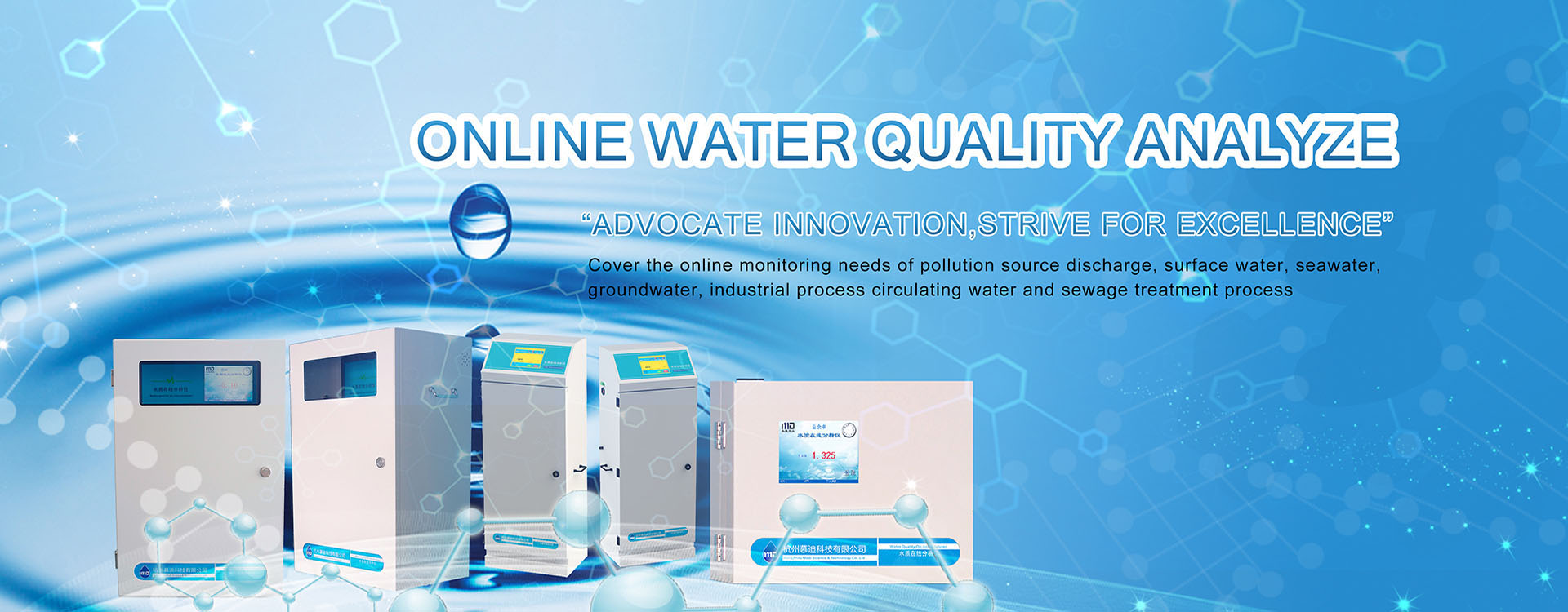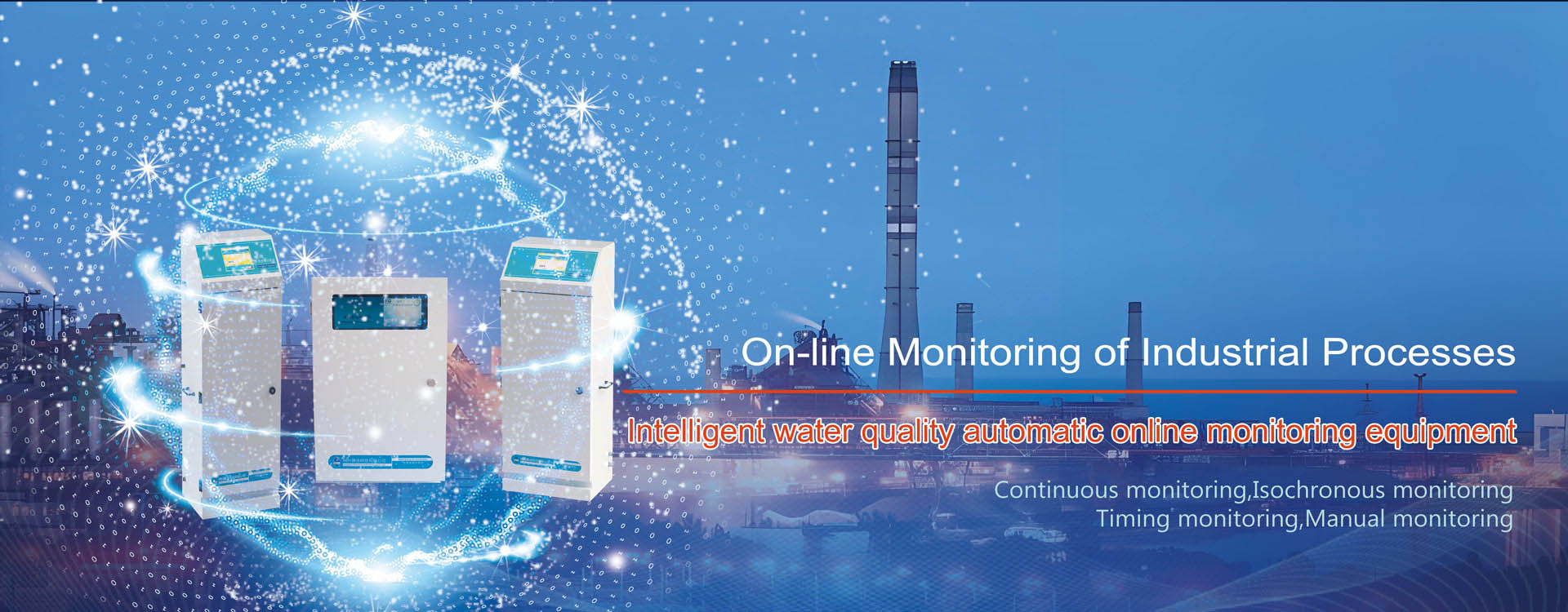Speaking of total residual chlorine, why is there a project to monitor total residual chlorine in hospital wastewater? Because the wastewater in the hospital contains a large number of pathogenic bacteria, the wastewater must be disinfected before it can be discharged. Then the disinfectant ingredients we say in our mouth contain residual chlorine, and the residual disinfectant is inversely proportional to the bacterial content in the water (that is to say, how much disinfectant is used to kill the bacteria). If there are fewer bacteria in the wastewater, Then the disinfectant residue will naturally be more, so it can not be directly discharged, China has an emission standard.
A Simple Understanding of Total Residual Chlorine
Total residual chlorine refers to the amount of residual chlorine left after chlorine oxidants are added to water for a period of time, in addition to being consumed by microorganisms, organic and inorganic substances in water, including free residual chlorine and combined residual chlorine. Free residual chlorine refers to chlorine in the form of hypochlorous acid (HClO) or dissolved elemental chlorine (Cl2); Combined residual chlorine refers to chlorine in the form of chloramines and organochloramines.
The existence of residual chlorine in water environment is mainly introduced by artificial chlorination treatment, which is a water treatment technology that non-selectively kills bacteria, algae and other microorganisms in water with the help of strong oxidation of chlorine. With the extensive use of chlorine, the toxicity and other effects of its by-products are increasingly concerned, so the chlorine content must be analyzed and determined. At the same time, in order to achieve accurate dosing and economically and effectively play the role of chlorine disinfection, it is also necessary to monitor the content of residual chlorine in water in real time.
How to Monitor The Total Residual Chlorine in Wastewater Know Whether It Meets The Standard!
How should hospitals determine whether the total residual chlorine in wastewater is up to standard? This is to use the water quality monitor, through which to monitor the total residual chlorine content in the wastewater, to see whether the data meet the standards!
The RCl900 total residual chlorine online analyzer produced by Hangzhou Modi–Tech is used to detect the total residual chlorine content in water, it is through the water sample and anti-interference agent are automatically injected into the reactor, and then the automatic color development agent for color reaction, and measure the absorbance of the reaction, and then through the absorbance value can directly detect the total residual chlorine content in the wastewater.




